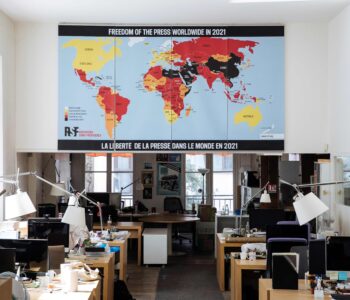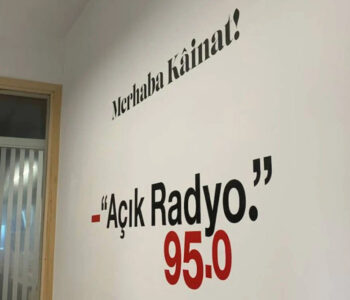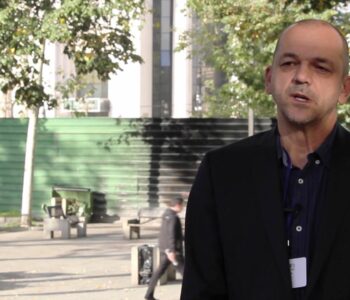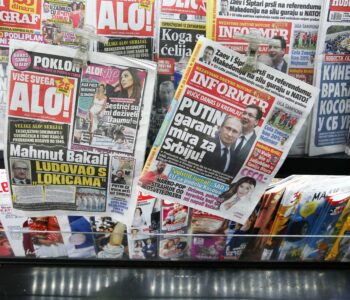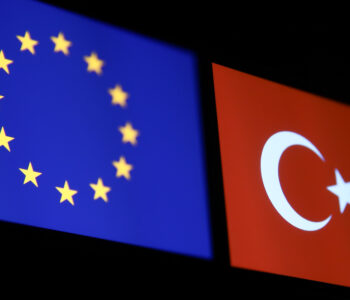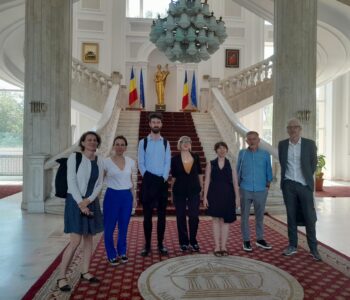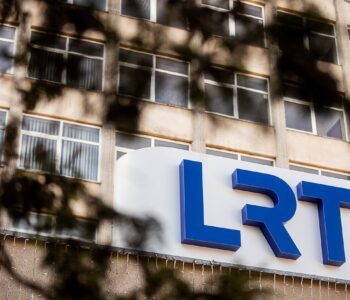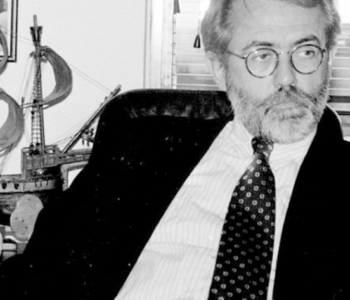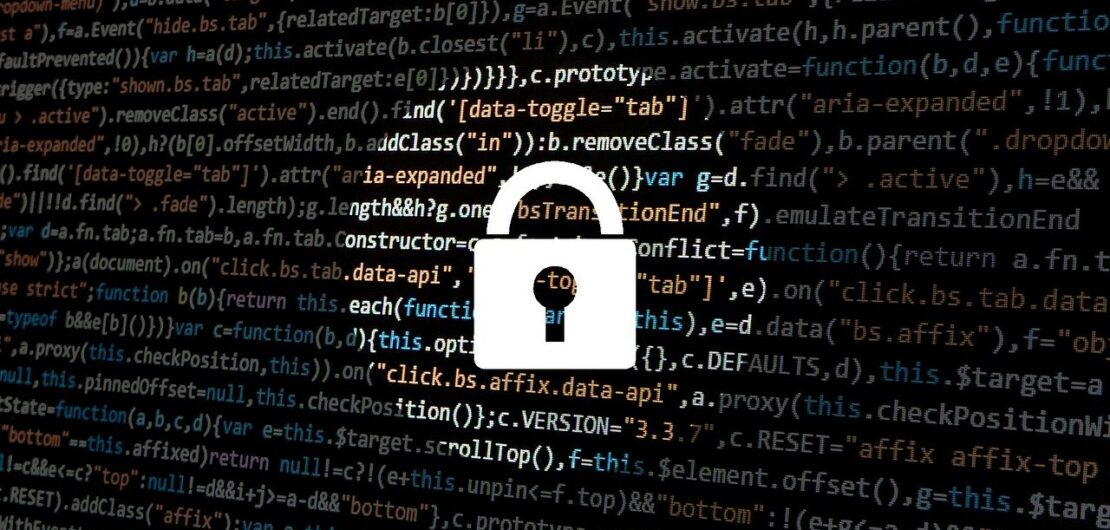
Digital security in Serbia: Another challenge to media freedom
Digital security in Serbia: Another challenge to media freedom
Media outlets in the country are increasingly exposed to cyber attacks, online threats and manipulations. We talked about digital security and its impact on independent journalism in Serbia with Bojan Perkov, digital policy coordinator at SHARE Foundation.
Interview originally published by OBCT. Available in Italian here.
SHARE Foundation is a Belgrade-based NGO that works on privacy protection, security and freedom of expression. The activities of the organisation include training, support and awareness raising on digital security for journalists, activists, civil society and human rights defenders. These are organised around four pillars: freedom of expression online, data protection, digital security, and free access to knowledge. The NGO has also developed the SHARE CERT , the first special CERT (Computer Emergency Response Team) in Serbia for online media and civil society, offering incident response, training and mentorship to journalists and media organisations that incur in digital issues.
What are the main trends that you notice regarding digital security challenges in Serbia?
We recently published our yearly monitoring report in which we track violations in three main areas: cyber attacks, privacy and data protection issues, as well as frauds, threats and manipulations. In 2023, we recorded many threats and manipulations. During the election campaign, for example, opposition politicians faced significant digital threats, including a smear campaign involving an intimate video aired on national TV, which forced a politician to withdraw from the race.
Are media outlets and journalists major targets of digital rights violations?
Yes, they are frequently targeted, especially when they expose government wrongdoing. This makes them inconvenient for the authorities. Civil society organizations like CRTA also face attacks from high-ranking officials.
Who are the most common offenders and forms of online attacks?
Public officials and politicians are the major offenders. However, we also see attacks from citizens, especially on social media. While these citizen attacks are numerous, those from politicians have more severe consequences. As for the kind of attacks, we mostly observe smear campaigns, accusations, and insults, often through social media and pro-government media outlets. Private actors often use SLAPPs, strategic lawsuits against journalists who write about their activities. Investigative outlets like KRIK, for example, face numerous lawsuits and digital threats from powerful actors.
How do these digital security challenges impact journalism?
Journalists continue their work professionally despite threats. However, these attacks amplify public hatred towards them, creating a hostile environment.
Is there an awareness of the seriousness of digital threats among journalists and civil society organizations?
Awareness varies. Organizations that have experienced attacks are more vigilant, while others may not realize the severity of these threats.
How prepared are media outlets to face digital threats?
There is a gap among media outlets. Smaller local media often lack resources and digital security awareness. Investigative journalists, however, are well-prepared, receiving training and support, especially from international organizations like OCCRP. They often meet confidential sources in person and use encrypted apps like Signal. They implement proper digital security measures tailored to their threat models.
How do you assess Serbia’s legal framework regulating the digital environment, especially regarding media freedom?
It can be improved. Most laws are influenced by European integration. For instance, our law on personal data protection is modelled after GDPR but, it combines it with the law enforcement directive, making it complex. We also have the law on information security, primarily focused on critical infrastructure. Efforts to update it were stalled by political events.
Do you see a gap between the law and the practice?
Yes, implementation often lags due to a lack of political will. Independent institutions try their best, but the broader system is not supportive.
Is there a network or coalition advocating for digital security in the country? Do you have transnational links with counterparts in the EU and other regions?
We are part of the national CERT network and cooperate with other special CERTs. We represent civil society and media in these forums.
The SHARE Foundation is also a member of European Digital Rights (EDRi) and other networks, such as CiviCERT. We receive significant support from these coalitions, which is empowering and essential for our advocacy efforts. We also co-founded the Southeast European Digital Rights Network, involving diverse organizations from across the region.
This publication is the result of activities carried out within the Media Freedom Rapid Response and within ATLIB – Transnational Advocacy for Freedom of Information in the Western Balkans, a project co-funded by the Italian Ministry of Foreign Affairs and International Cooperation. All opinions expressed represent the views of their author and not those of the co-funding institutions.

